BTU, or British Thermal Unit, is a term you’ve likely encountered in discussions about heating and air conditioning, but what exactly does it mean? It’s an essential measurement in the realm of HVAC as it helps determine the energy output required to heat or cool a given area efficiently.
Understanding BTUs is key to selecting the right heating and cooling systems for your home or business, ensuring that your spaces are comfortable, and your energy usage is optimized. Below, we’ll delve into what BTU means, how it relates to heating and air conditioning systems, and how many BTUs you should be looking for in a system.
If you’re still left with questions, don’t worry! The Carrollton HVAC experts at Lex Air Conditioning and Heating are here to help. We’ll guide you through the ins and outs of BTUs and how they relate to your specific HVAC needs.
Whether you’re considering a new installation, need maintenance on your current system, or simply want to learn more about how to improve your home or business’s energy efficiency, we’re just a call away. You can reach us at (972) 217-8955 or contact us online to schedule services with us or learn more about what we can do for you and your home.
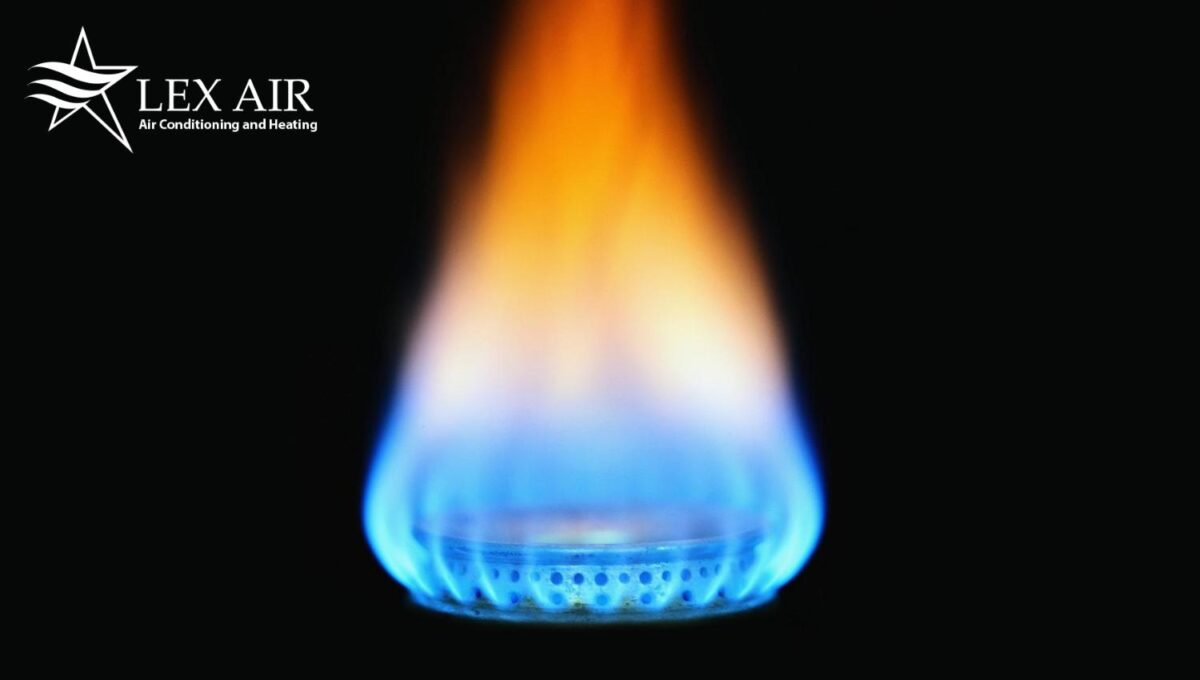
What Does BTU Stand For?
The British Thermal Unit (BTU) is a measure of heat energy, which indicates the amount of heat required to raise the temperature of one pound of water by one degree Fahrenheit. It is part of the British imperial and United States customary units and is still widely used today, particularly in the HVAC industry, to determine the efficiency of various appliances.
Understanding the British Thermal Unit
As we established, one BTU is the quantity of heat energy needed to increase the temperature of a pound of water by one degree Fahrenheit. This measurement is used primarily in the HVAC industry and can be easily converted into either metric or imperial units of measurement, allowing for widespread use.
Various HVAC systems will have different BTU ratings, signifying their heating or cooling ability. The average central air conditioner uses 20,000 to 50,000 BTUs. While these may seem like massive numbers, they can get much bigger.
To put it into perspective, BTUs can be used to calculate the energy efficiency of power plants. Also, according to the Energy Information Administration, the U.S. used nearly 101 quadrillion BTUs of energy in 2022. That’s over 102,000,000,000,000,000 BTUs used in one year.
BTUs are also used in the natural gas industry as a unit of measurement for gas consumption. One cubic foot of average natural gas yields anywhere between 1010 and 1070 BTUs, since natural gas varies in quality. This can be relevant for natural gas price conversion and understanding energy consumption patterns.
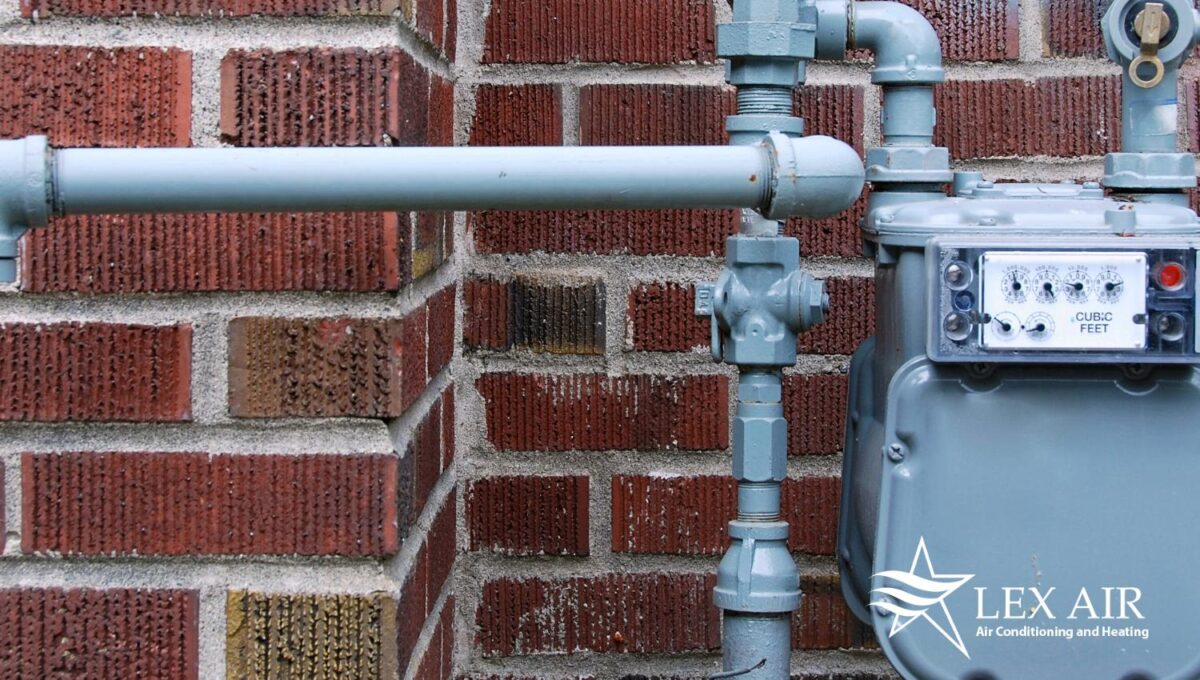
BTU in Heating and Cooling Systems
BTUs are crucial when it comes to choosing the right heater or air conditioner for your home. The right BTU value is crucial for ensuring that your HVAC system can operate efficiently and handle the heating and cooling demands of your space.
Heating Systems
In the context of heating systems, BTUs play a critical role in determining the heating capacity of devices like furnaces, boilers, and heat pumps. The BTUs of a heating system will indicate how effectively it can raise the temperature of a given space. A higher BTU rating generally means a system has a more powerful heating capacity, and will be capable of warming larger areas or increasing temperatures more rapidly.
While it may seem like a good idea to spring for a system with the highest BTUs, overestimating the number of BTUs you need can lead to excess energy consumption and higher electricity costs. At the same time, underestimating the number of BTUs you need can result in inadequate heating.
Air Conditioner Systems
For air conditioner systems, the BTU rating is equally important but serves a different purpose: it measures the amount of heat an air conditioning unit can remove from a room per hour. The higher the BTU rating, the higher the unit’s cooling capacity, which is essential for efficiently lowering the temperature in larger or warmer spaces.
When choosing an air conditioner, considering the size of the room and the unit’s BTU rating is key to achieving optimal cooling. Air conditioners with a BTU rating that is too high for the space can lead to short cycling. A rating that is too low may result in ineffective cooling and increased energy use as the unit struggles to remove hot air from the area and replace it with cooler air.
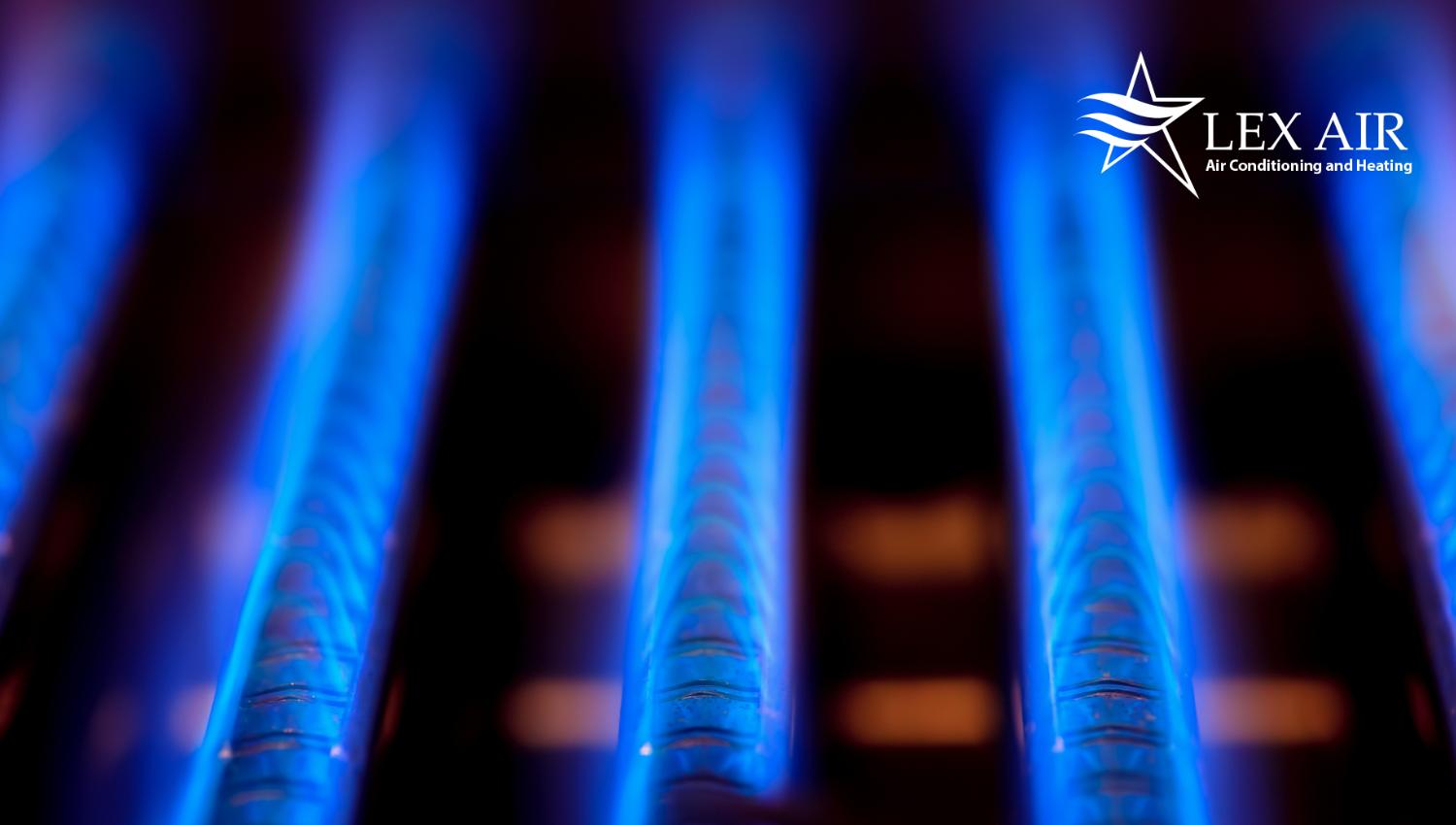
How Many BTUs Do I Need?
When it comes to determining the right number of BTUs needed for heating or cooling a space, several factors come into play. These factors primarily include square footage, home layout, insulation quality, capacity, and location. Below, we’ll provide a simple formula for calculating BTUs for your HVAC system.
How Many BTU Per Square Foot?
Typically, you would need about 20 BTUs for each square foot of living space for either a heater or air conditioner. You can calculate how many BTUs your house will need by multiplying the square footage by 20. While this can be a great approximate number, you will likely need a more precise calculation to determine your required BTUs.
Professional HVAC consultants often use more complex calculations that consider square footage, as well as other factors, which allow them to recommend the ideal BTU rating for a specific space. For the most accurate assessment, it’s important to consult a professional HVAC technician who can ensure you find a system right for your needs.
BTU and Energy Efficiency
Understanding the relationship between British Thermal Units (BTUs) and energy efficiency is crucial in the realm of heating, ventilation, and air conditioning (HVAC) systems. BTUs provide a measure of energy output, while energy efficiency determines how effectively this energy is used.
Energy efficiency in HVAC systems is often measured by the Seasonal Energy Efficiency Ratio (SEER). SEER is a calculation of the cooling output (in BTUs per hour) over a typical cooling season, divided by the total electric energy input (in watts) during the same period. This is used for measuring the efficiency of air conditioners over a seasonal period.
For heating systems, efficiency is often measured by the Annual Fuel Utilization Efficiency (AFUE). This percentage indicates how well a furnace converts fuel (natural gas, oil, etc.) into heat. An AFUE of 90% means that 90% of the fuel is converted into heat, while the remaining 10% is lost in the conversion process.
While BTUs are a measure of energy output, energy efficiency is about how effectively this energy is utilized. Understanding and optimizing this balance is key to not only saving on energy bills but also contributing to a more sustainable environment.
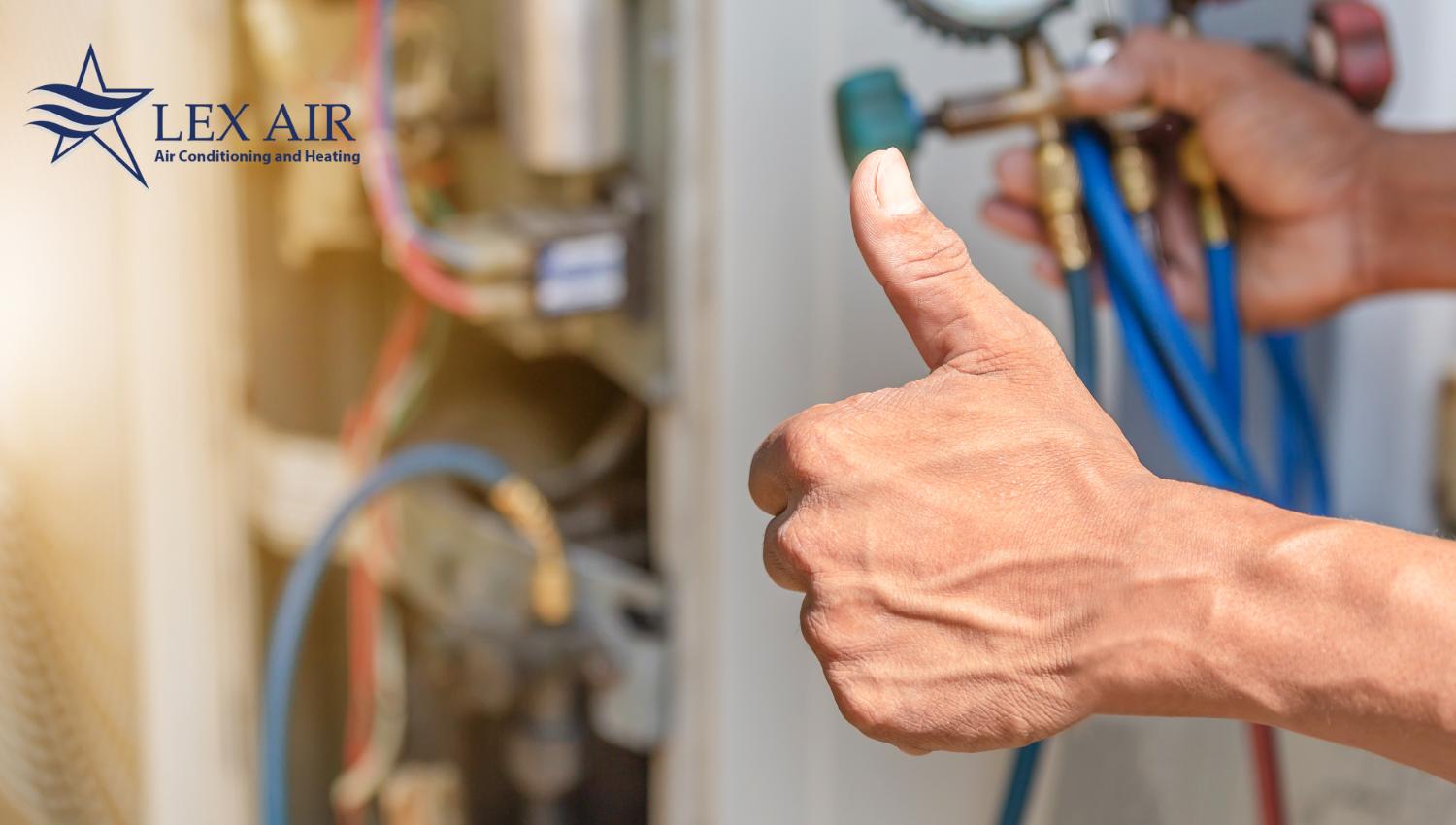
How Lex Air Conditioning and Heating Can Help
Understanding British Thermal Units can be difficult, even for those in the industry. That’s why it’s important to contact an experienced HVAC company like Lex Air that can help break it down for you. We can help you understand how much energy your new heater and/or new AC unit will need to properly heat or cool your home.
We’ll do this by conducting a thorough inspection of your home, gathering information like the square and cubic footage, number of windows and doors, and average capacity. From there, we’ll use climate and weather information to calculate what exactly you and your family will need.
In addition to helping you determine the BTUs needed to heat and cool your home, our technicians can replace or install your new heater or air conditioner. We can even provide you with annual HVAC maintenance on your new system, ensuring that it lasts you and your family as long as possible.
Whether you’re looking to install a new system or seeking expert advice on optimizing your home’s energy efficiency, we’ve got you covered. Our commitment to quality service, combined with our expertise in the latest HVAC technologies, makes Lex Air Conditioning and Heating your ideal partner for indoor comfort and energy savings.
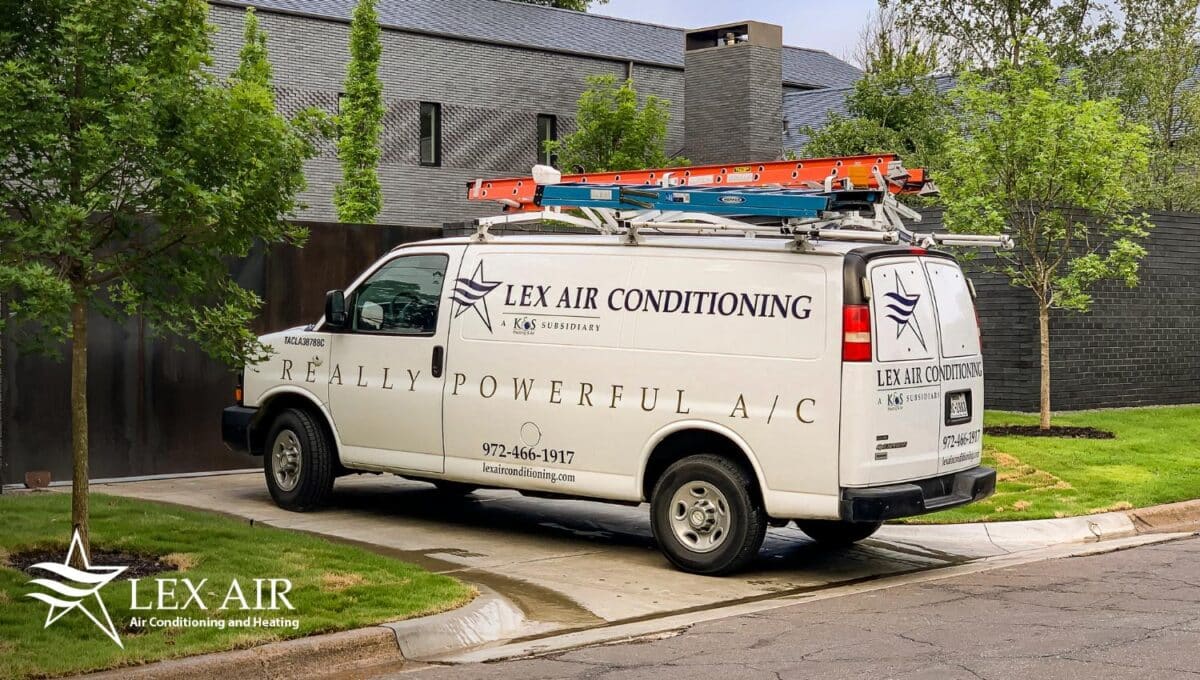
Call the Carrollton HVAC Experts at Lex Air Conditioning and Heating Today
Choosing the right HVAC system for your home or business can be difficult. Luckily, you don’t have to make that decision alone–the Carrollton HVAC experts at Lex Air Conditioning and Heating are here to help.
Our technicians have an in-depth understanding of BTUs, as well as the average amount of energy needed to heat and cool both residential and commercial buildings in Carrollton, TX, and the surrounding areas. This, combined with our expert knowledge of the latest HVAC technologies, ensures that we provide our customers with optimal comfort all year long.
We at Lex Air are committed to providing top-quality heating and cooling solutions tailored to your unique needs. Our skilled professionals bring a wealth of experience and a customer-focused approach to every job, ensuring that we can provide customers with service that is both professional and personalized.
Call us at (972) 217-8955 or contact us online to schedule a consultation or to speak with a member of our team today!












